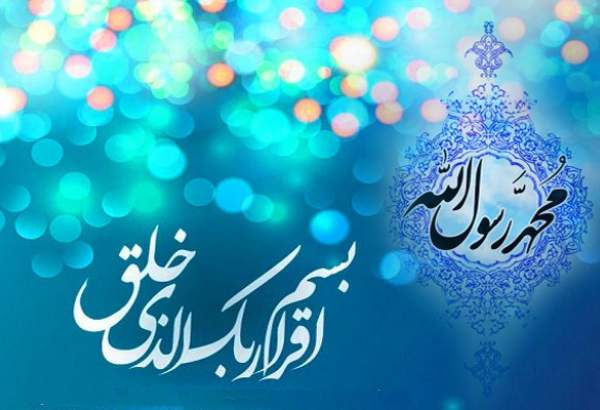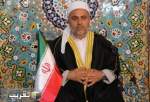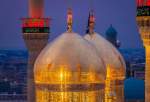The 27th of Rajab serves as a reminder of the Prophet's unwavering faith in his divine mission and the timeless message of Islam. It calls upon Muslims to reflect on their spiritual journeys, emphasizing obedience, humility, and devotion.
4 Feb 2025
- World Food Program says 'humanitarian needs in Gaza are enormous'
- Israel is blowing up homes in Jenin camp just like in Gaza: Palestinian official
- Thousands gather in Los Angeles to protest US immigration policies
- 14 killed in Syria terror attack
- Turkey rejects Trump’s proposal to expel Palestinians from Gaza
- Over 61,700 Palestinians killed in Israel’s genocidal war, local authorities say
- UN condemns Israel’s criminal acts in West Bank
- Forced displacement of Palestinians poses an existential threat to Palestinian cause
- Israel’s attacks destroy 79% of Gaza mosques, 3 churches
- China 'firmly' opposes US tariff move, vows countermeasures to protect interests









